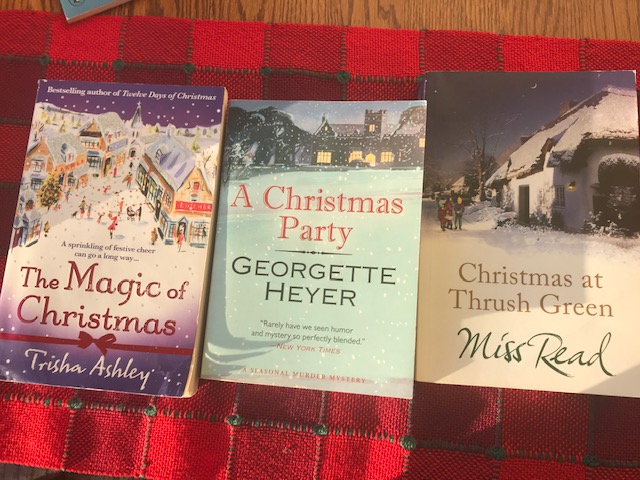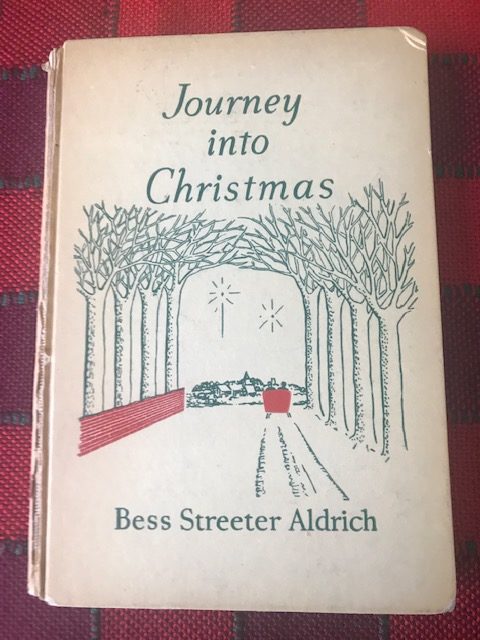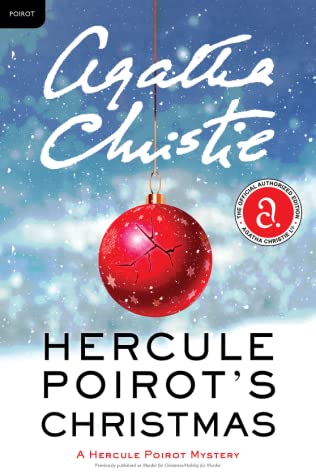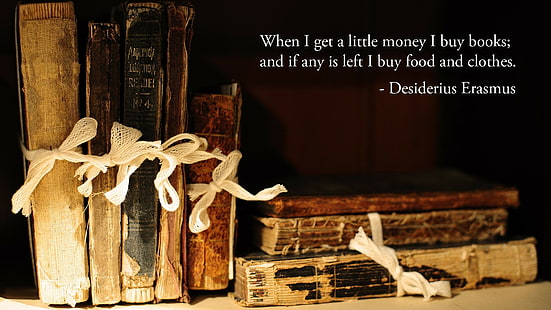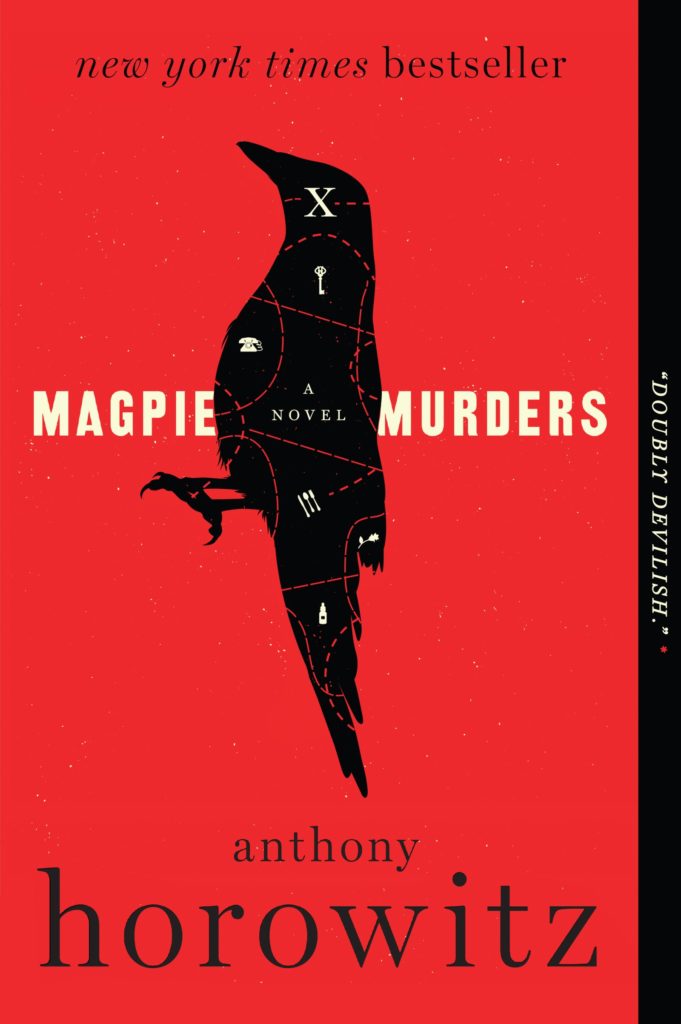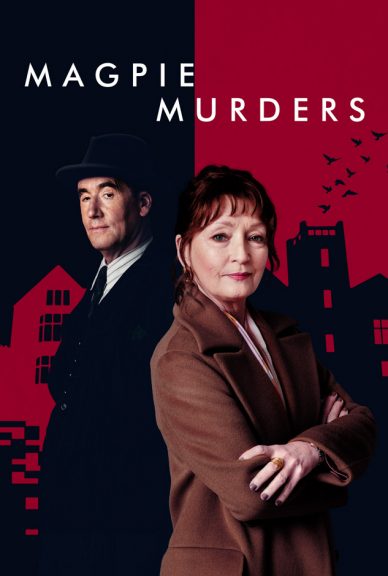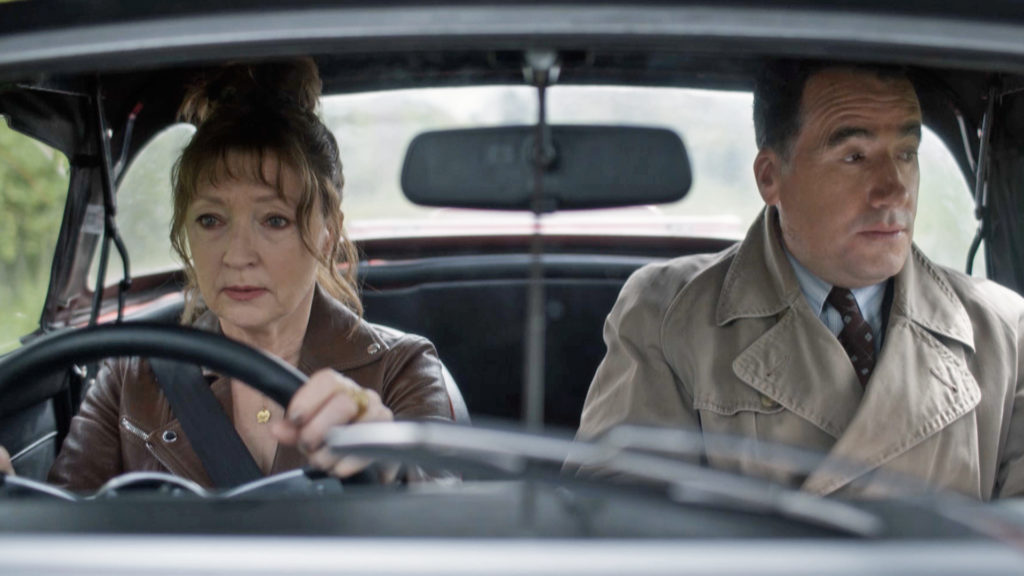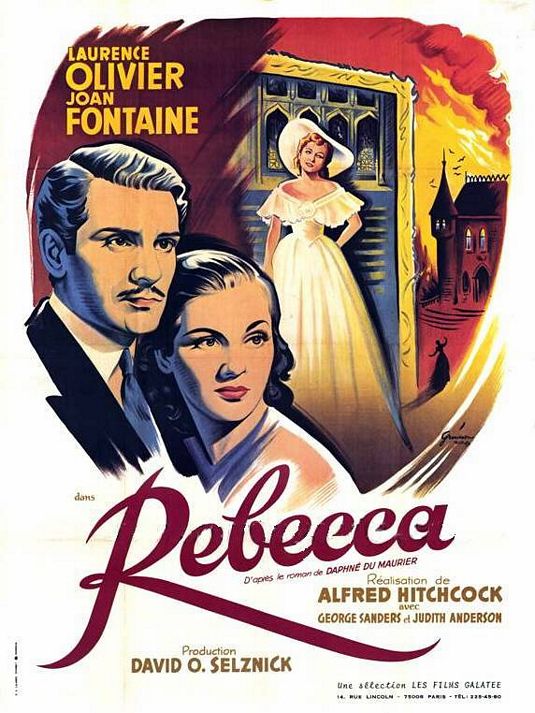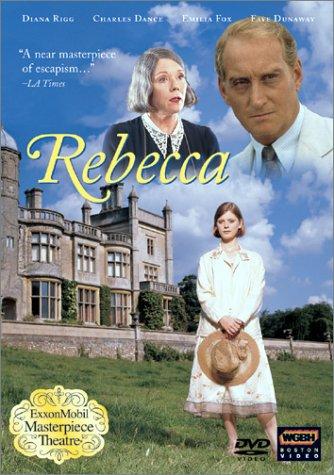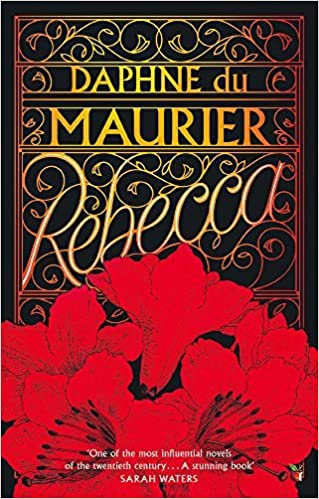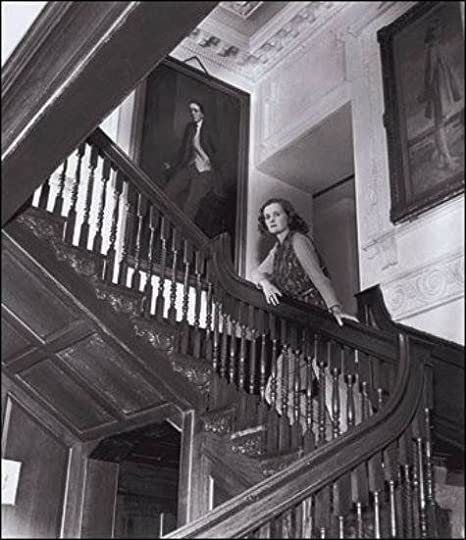Oh Christmas Book Tree
Back when I was still involved with the library book store, we would construct a Christmas book tree. A modest size because it took great patience and excellent balancing skills.
It looked something like this.
Because it’s Christmas here at Book Barmy, I’ll show you a variety of book trees.
There are big trees, which must have taken hours…


There are more modest versions, ones that could be easily done at home


There are trees made from the bookshelves, a novel concept (sorry — groan)


There are color-coordinated trees, delightfully designed by those with just a touch of OCD


Some folks use identical book sets, likely to be easier and with less head ache.


Then there are people who obviously don’t care for the books – and yes, I judge…


There are casual arrangers


And the precise


And some who take a different approach


Trees made from books — up-cycled from damaged books, one can only hope.


Finally, there’s my personal favorite, because you can browse the actual books.
An retail-savvy bookshop who actually wants to sell books during Christmas season.
You are probably asking, so where is Book Barmy’s book tree?
I can’t do it, just can’t do it…I want to read my Christmas books not use them as decoration.
We will unveil our one, only, and forever tree tomorrow.
Stay warm, stay safe. And as always, thanks for visiting Book Barmy.
A Rainy Day and Christmas Books
It’s raining, it’s pouring ~~ a perfect day to get things done for the holidays. Such as putting up our new tree. The operative word there is ‘new’ — we broke down and bought an artificial tree – I know, it was hard for me too. But, given our drought and fires, live trees are scarce and wildly expensive out here. We only need a small tree to fit into our bay window seat, so we decided to go check out Balsam Hill’s new factory outlet just south of the city.
I’ll show you more, once we put up the new tree ~~ but not today.
I also have presents to wrap and pack for shipping ~~ but not today.
There’s cookie baking to do for friends and family ~~ but not today.
What is happening today? Wait for it – yes, getting out my collection of Christmas books. Lest you think I won the lottery (I did not), I’ve been collecting Christmas books for years, a tradition inspired by my book barmy mother.
I put them out to display around my reading nook. Most chosen for their beautiful covers – so facing up of course. And there these books will remain until the last whispers of the holiday season are over.
Today I am lovingly going through them, re-familiarizing myself with each one, and deciding which I will read, re-read, or just pleasantly browse through. What to choose, what to select?
There’s holiday murders and mysteries – always fun.
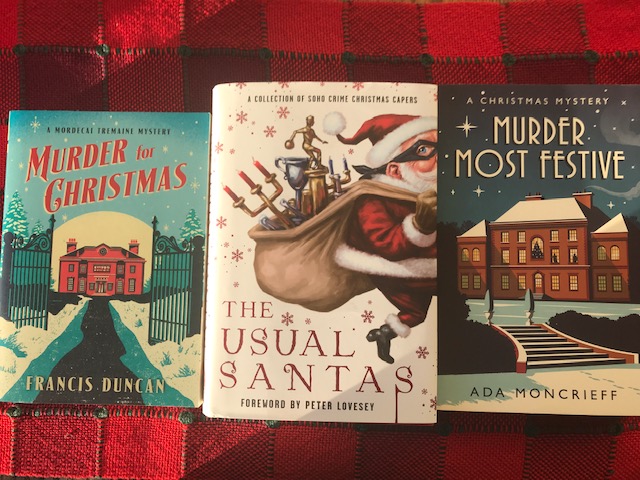

Years ago, there was a holiday book group meeting with wine tasting at a local bookstore – it was great fun, but somehow these lovelies came home with me.
I could go veddy, veddy British for this Christmas…
Or perhaps one of these?
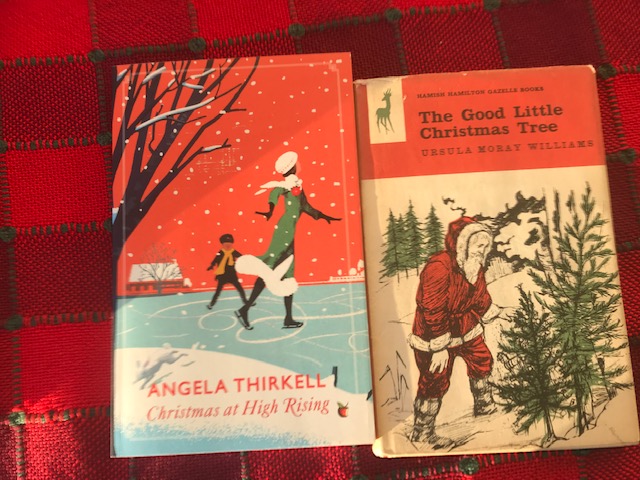
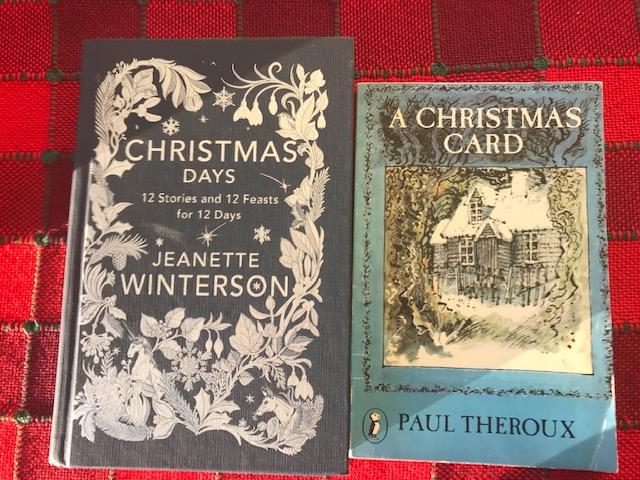
This next one is definitely for Christmas Eve – I’ve have this beautiful book for several years, but only dipped in and out of it. This year, I want to read it cover to cover.
Every December an envelope bearing a stamp from the North Pole would arrive for J.R.R. Tolkien’s children. Inside would be a letter in a strange, spidery handwriting and a hand-colored drawing. This book contains all the letters J.R.R. Tolkien wrote to his children in the guise of Father Christmas from 1920 through 1943.
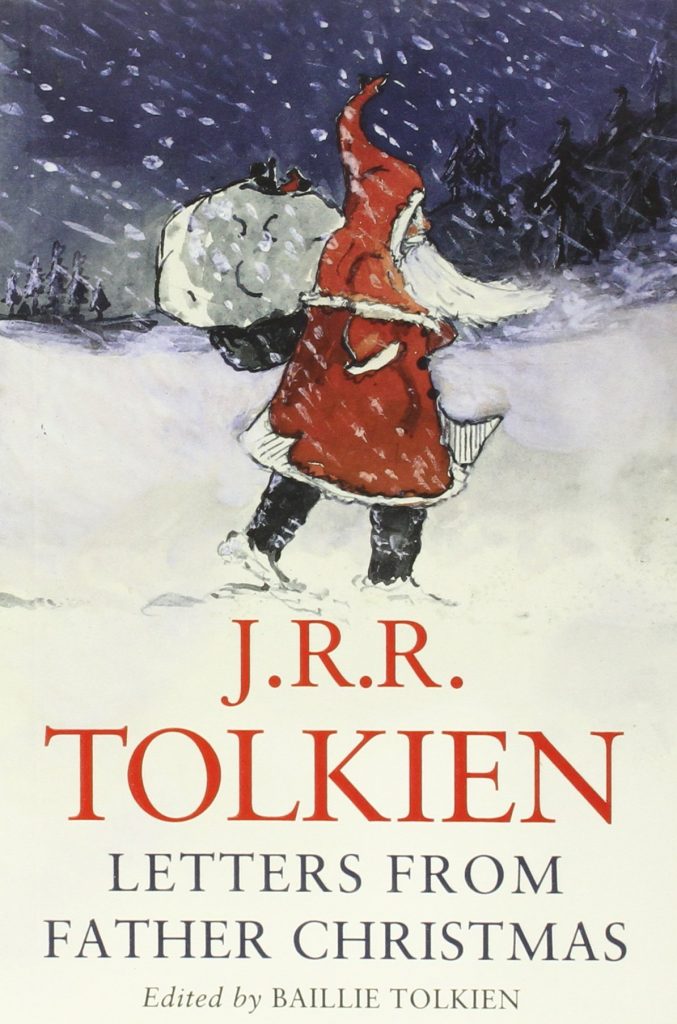
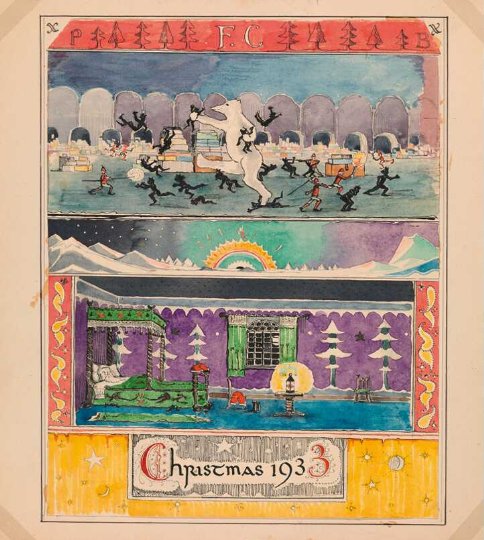
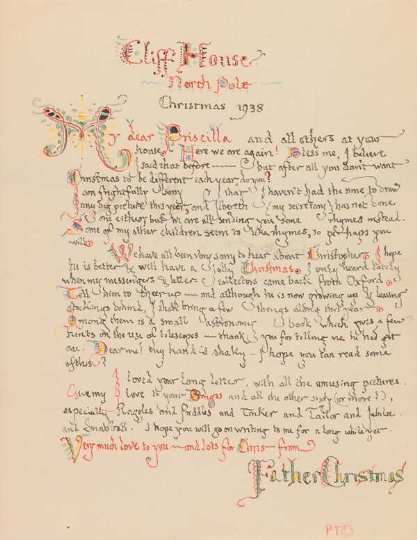
A new arrival. A rare find on e-bay, a collection of Christmas stories by Bess Streeter Aldrich, who was one of Nebraska’s most widely read and enjoyed authors. Her writing career spanned forty-some years, in which she wrote largely autobiographically, about living in the Midwest. This is an older hardback with the original illustrations, definitely well read, and with no spine but I’m quite pleased to have it.
I must confess, there is yet one more — still to arrive. I was shopping on Thrift Books (check them out as a good alternative to the big A) for Christmas gifts and saw this come up. I once had a copy, but must have lent it to someone or gave it away in a fit of clearing out. What was I thinking? I must have “one of the best Christmas mysteries ever written”, according to Martin Edwards, a well know British crime fiction critic.
Well that sums up my Christmas books from my shelves.
But, wait there’s more – remember, I have a Kindle and I haven’t shared my digital Christmas books, neatly arranged in their own Christmas collection, where I can browse the covers and see what else I can add to my holiday reading list.
Meanwhile, as I’ve been messing around with my books, Husband baked a galette made from bruised apples scavenged from our farmer’s market just a few blocks away. We go in the morning, but then he sometimes goes back as the market closes down and gets great bargains. These apples were free.
Someone has to economize after the money spent on books.
Apple galette and tea anyone?
Magpie Murders by Anthony Horowitz
First, there’s the book ~~
Then, there is the PBS Masterpiece Series ~~
I make it a firm rule, to read the book before I watch any film or television adaptation. And in the past, I almost always, always prefer the book ~~ but not in this case…
Don’t get me wrong the book was very, very good, but Magpie Murders was made into an almost more appealing story by Masterpiece/PBS by the author himself. You see, Anthony Horowitz, is the also creator of “Midsomer Murders” and “Foyle’s War” — both super PBS series, and he obviously excels at bringing a static book to life on the screen.
First the book:
Magpie Murders has a dual plot– two mysteries in one. We open in current day with an editor, Susan Ryeland settling in over a weekend to read the newest manuscript from her publishing firm’s best-selling mystery author. After the first chapter, the story then switches to the manuscript she is reading — an old-fashioned whodunnit, set in the 1950’s written by the fictitious author, Alan Conway, who created a famous detective in Atticus Pünd.
The first 200 or so pages of Magpie Murders are very reminiscent of an Agatha Christie novel, and I was wondering while reading it why there was so much hype about the book. The manuscript was a typical cozy mystery set in an English village with a host of Christie-like characters. But, those first 200 pages seemed to drag a bit as each suspect was introduced with their pertinent backstories. But, in the end, they serve to set up the real story which unfolds in the second half of the novel. You see, the manuscript ends abruptly because its last chapter is missing and we (and the publisher) have no idea ‘who done it’. That’s when Magpie Murders became a page turner for me, as the publisher tries to find the missing chapter, and solve not only the murder in the manuscript, but also a possible contemporaneous murder. Mr. Horowitz uses the second half to bring together many loose ends between the manuscript mystery and our modern day one — but I won’t tell you any more.
I know, I know it sounds very confusing, but stay with me here…
The book contains some great literary tricks — Mr. Horowitz combines humor, drama, and intrigue — which makes for a multi-layered story that eventually becomes riveting. There are hidden meanings and anagrams, which are revealed in the second half of the book — quite fun to read. (Atticus Pünd’s anagram was my favorite, but not suitable to repeat here.) There are really three authors – the manuscript author and the modern day best selling mystery author – both of whom are actually Anthony Horowitz. Okay I’ll give you a moment here to digest all that.
Within the pages, the author (and Mr. Horowitz) marvel at our appetite for crime. Saying at one point, the BBC would have little to broadcast — if not for crime programming:
Inspector Morse, Taggart, Lewis, Foyle’s War, Endeavour, A Touch of Frost, Luther, The Inspector Lynley Mysteries, Cracker, Broadchurch and even bloody Maigret and Wallander – British TV would disappear into a dot on the screen without murder.
It’s strange when you think about it. There are hundreds and hundreds of murders in books and television. It would be hard for narrative fiction to survive without them. And yet there are almost none in real life, unless you happen to live in the wrong area. Why is it that we have such a need for murder mystery? And what is it that attracts us? The crime, or the solution?
Do we have some primal need of bloodshed because our own lives are so safe, so comfortable?
Now to the PBS Masterpiece version, which I watched only after I finished the book. As I alluded earlier, the television series enhances the book and brings it to life in a most wonderful way. The connections between the manuscript and the current day mystery are clearer and the series brings these two timelines and worlds together in a most entertaining way.
And in a magical turn, our editor in current day and Atticus Pünd from the 1950’s, come together to solve the case of the missing manuscript chapter and the possible murder of the manuscript author. Atticus Pünd appears and advises Susan Ryeland as she visits the village where her famous mystery writer lived. Is it real or is it imagined? We are left to interpret for ourselves.
Whereas in the book, Atticus only appears in the pages of the manuscript. Also, the book is a bit more work, the reader has to link the bridges between to the two mysteries and work to sort out the connections. The book also has many more suspects than in the television series.
The television version of Magpie Murders crosses back and forth in time allowing for a reprieve from the more classically-paced 1950’s mystery manuscript. And wonderfully, the same actors play dual characters in the manuscript and current day. You see, the famous mystery author based his characters on modern-day neighbors, villagers, police, and lawyer – often times not so kindly.
I know you’re probably a bit baffled by all this so I’ll close by recommending Magpie Murders – however you can get it — by book or by television.
Either way, a terrifically unique mystery and really entertaining.
Here’s the trailer for the PBS series
Around the House and Garden by Dominique Browning
Back in my advertising days, I was lucky enough to be part of the magazine publishing industry – only peripherally, but still a wonderful perk. In that time, printed magazines were a honorable part of advertising media, with wonderful (and sometimes not so wonderful) full page advertisements. Another benefit of advertising in magazines, was the complimentary subscriptions we received. One of my favorites was House and Garden magazine.
House & Garden editor-in-chief, Dominique Browning, wrote a monthly column for the magazine and this lovely book brings together those columns. They cover personal stories and essays about home decorating, gardening, and raising children with universal themes of domestic life.
In Around the House and in the Garden, Browning adapts and expands these well-loved pieces, adding dozens of new essays, to create an insightful and moving narrative about the solace and sense of self that can be found through tending one’s home.
From the book blurb:
Around the House and Garden is a book for anyone who has ever felt the need to reinvent a life or a space, who has ever fallen in love with the idea of home – the place where we reinvent ourselves.
I’ve had this book for years and never got all the way through it. A while ago, I re-started it and left it next to my bed to read a chapter a night — they are each distinct, none are more than four pages, and easy to digest independently. And while I thought I would read one essay before sleep, in the end, I found myself reading the last half the book in one sitting.
Ms. Browning weaves in many reflections on her life in her two homes. The houses come to symbolize the state of her heart and mind. Some are sad, as she tries to bounce back from a divorce, yet it’s also a wonderfully uplifting book. I loved reading about her journey of healing while remaking her home and her reflections on gardens, decorating, and cultivating the comforts of a home.
It especially speaks to anyone starting over in their lives after a divorce, but could be just as useful to anyone attempting to create some kind of spiritual retreat in which to nurture their bodies and souls.
When I was reading this beautifully written book, I imagined myself sitting in a cozy living room having a cup of tea and a long talk with a lovely, yet vulnerable Ms. Browning — only after we had taken a long stroll through her gardens.
This book is Book Barmy prescribed for these long winter nights when you need calming, gentle, diversionary material to lull you to sleep while trying not to think obsessively about something that can wait until tomorrow.
Rebecca by Daphne Du Maurier
A few weeks back, searching my shelves for something appropriate for season, I pulled down my copy of Rebecca and realized I never actually read the book (shameful, Book Barmy).
I have, however, watched every film adaptation out there over the years.
The original by Alfred Hitchcock.
My favorite version from PBS, featuring Diana Rigg as the ominous Mrs. Danvers.
And, even the newest film adaptation on Netflix.
~~~~~~~~~~~~~~~~~~~~~~~~~~~~~~~~~~~~~~~~~~~~~~~~~~~~~~~~~~~~~~~~~~~~
But here I have this beautiful copy of Rebecca, which a British friend sent me years ago –back when postal prices made it affordable to ship things across the oceans.
So I settled in to finally read Rebecca. A classic, gothic, spooky tale without any of monsters or gore on which modern thrillers rely. (I’m not keen on monsters or gore, having never recovered from the one and only Stephen King novel I read as a teenager.)
You fine readers have probably already read Rebecca, or like me have seen a film adaption, so I won’t spend too much time recapping the familiar plot.
Our unnamed narrator is an inexperienced and insecure girl (and she is just a girl) with a limited future – unless serving as a companion to an overbearing busybody by the name of Mrs. Van Hopper could be called a promising prospect. So when the handsome, mysterious and wealthy Maxim de Winter seems to take an interest and offers a much more enticing alternative – that of being his wife – what is a girl to do but accept? The honeymoon at an end, the newly married couple returns to Manderley, Max de Winter’s estate. The newly minted Mrs. de Winter arrives at Manderley with nervous excitement. She is well aware of her shortcomings. She is too shy, too young, too trusting, and though she is pretty she can not compete with the legendary first wife — the beautiful Rebecca de Winter, who seems to haunt not only the estate itself, but the characters as well.
Where our narrator is both immature and naïve, Maxim is complicated and divided. Her happiness becomes dependent on his smiles, her misery decided by a harsh word. Thanks to their age difference, he’s forgotten what this is like, how raw and all-consuming first love can be, and he’s careless with her feelings because of it. Unlike the films, the wonderful writing intensifies Maxim’s callousness, and as he takes complete advantage of her throughout, I despised him from the point of his introduction.
One of the guilty pleasures of a good gothic novel is the description of a magnificent old house, so precise and rich in detail that you can fantasize about how delightful–or how scary–living in such a mansion might be. Manderly is such a place, which comes alive for the reader, and it’s particularly intriguing to have it described by our narrator who is experiencing it for the first time. Manderley is a major character in this novel — a living, breathing entity. The descriptions of this magnificent place were so masterfully crafted, I felt as if I were right there with Mrs. de Winter, as she attempts to master her new role.
Daphne Du Maurier actually based Manderley on an estate she rented, complete with the portrait on the stairs and with the odd name of Menabilly.
Appropriately, I finished Rebecca on Halloween night and it is indeed a classic gothic. We have mystery, intrigue, deception, twists, turns, misunderstandings, accusations, threats, and creepy characters that make the hairs on the back of your neck stand on end.
A woman, a man, another woman’s shadow; a landscape, a house, a hidden history. These six elements have formed the gothic novel from Jane Eyre, to Wuthering Heights, and the more recent The Thirteenth Tale.
Rebecca is unique to the genre, as in it Daphne du Maurier has simplified and organized these six elements, which emphasizes the gothic, and enriches the ambiguity of the estate, the story, and the characters.
Today as I write this, I am still in the trance of reading a great classic, and it has me wanting more – more gothic (maybe Jane Eyre?) and definitely more Daphne du Maurier.
Please, please you must read Rebecca – available at your local library.
Don’t wait like I did.






